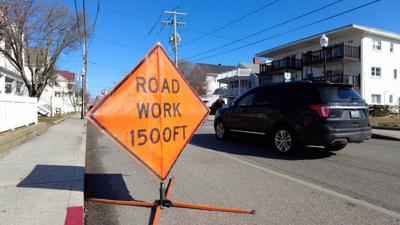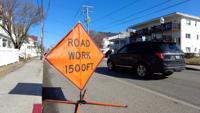OCEAN CITY, Md. - In an effort to enhance the safety of road workers, Maryland is considering significant increases in fines for speeding in work zones. The new legislation, titled "The Maryland Road Worker Protection Act," was initiated following recommendations from the Governor’s Work Zone Safety Work Group, chaired by Lieutenant Governor Aruna Miller.
Despite the presence of orange cones, traffic continues to flow, often at speeds exceeding legal limits. "I'd say the majority of people are going over the posted speed. People don't seem to follow the rules on any roads these days. They don't slow down at all," commented local resident Dave Colleran.
Under the current law, speeding in a work zone results in a $40 ticket if caught by camera. However, the new bill proposes increasing this fine to $290, aligning it with the citation amount issued by a live officer. Furthermore, repeat offenders caught speeding three times in a work zone within a year could face fines up to $1,000.
Jonathan Topping, who has experience working in road work zones, supports the change. "Most of the time, people are reasonable with their speed and slow down, but there are some that will speed up, and it definitely causes a safety issue for those working on the side of the road," he said.
The proposed fine increase has sparked debate. While Colleran agrees that a fine hike is necessary, he believes $290 might be excessive. "I do believe they need to raise the fine on that, but I think $290 is excessive, maybe half of that. For repeat offenders, I can see the $290," he shared.
If approved, the speeding bill is set to be in full effect by the beginning of 2025. The legislation also aims to initiate a culture change among motorists to adopt safer driving behaviors. Notably, it will expand enforcement flexibility by removing the requirement that cameras be manned. Additionally, revenue from work zone automated speed enforcement fines will be reinvested into funding highway and work zone safety programs.






